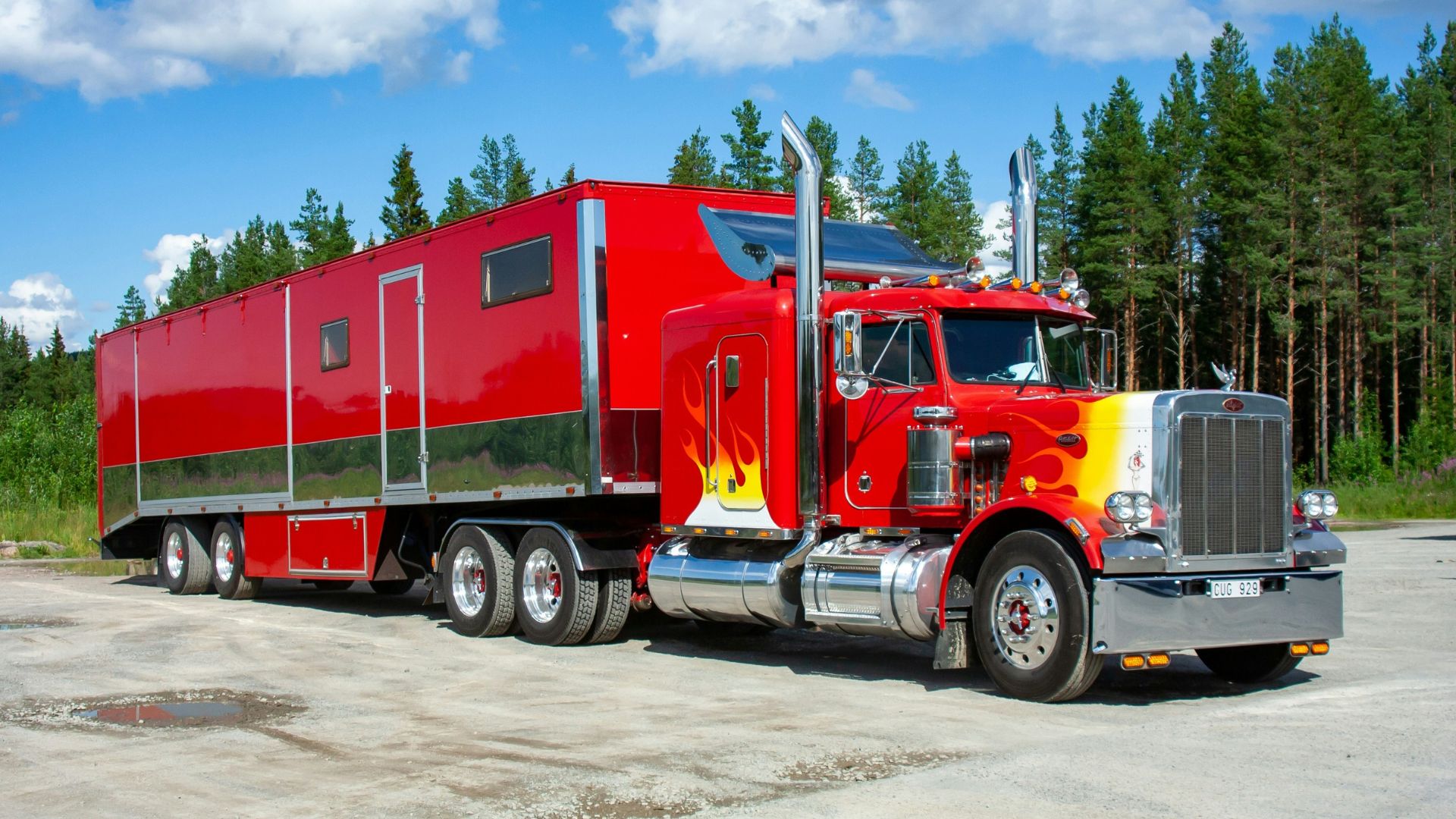How to Prevent Ransomware Attacks in the Transportation Industry

Many fleet management professionals and transportation company owners will experience some form of cyberattack at some point in their growth. Unfortunately, one of the biggest threats in the transportation industry has to be ransomware. And cybercriminals are only becoming more proficient at executing such attacks.
But what exactly is ransomware? How can those in the transportation and logistics industry better protect their businesses from such an attack? In this quick guide, we’ll break down everything you need to know about boosting your cybersecurity practices.
What is Ransomware?
Ransomware is a type of malware that is capable of infecting a computer system and restricts user access to that system until a ransom, usually monetary, is paid to unlock it. Ransomware is an extortion attempt commonly used by cyber criminals to steal money from victims, be they consumers or entire businesses.
The process of infection involves digitally breaking into a business’s IT infrastructure. After successfully finding a point of entry, hackers will then encrypt files (or even the entire system or multiple systems) and threaten to steal or destroy the encrypted data until a ransom is paid.
Transportation Companies Have Become a Target
In the last year alone, transportation companies became one of the most digitally attacked companies in the U.S. Ransomware attacks on shipping fleets and 3PLs have been especially prominent. Not only can ransomware compromise the business’ private information, but it can also threaten the sensitive information of customers, clients, and partners. Unfortunately, the transportation industry has been notorious for being slow to adopt modern technology on a company-wide scale. Many companies in this sector don’t even have transportation management systems (TMS) in place and still use analogue forms of tracking and management (although with the newest Federal Motor Carrier Safety Administration regulations, all transportation companies will need to switch to electronic logging devices). Without the proper software in place to protect the company, disaster can quickly strike.
Securing Your Business
The key to protecting one’s fleet from ransomware and other cyberattacks is through taking modern digital precautions and establishing a recovery plan in the event of a breach.
Companies that have made the move towards TMS platforms aren’t automatically safe, either. Many TMS platforms used by trucking companies are old or ill-fitted for security, and are instead designed solely for improving business efficiency. It’s absolutely vital to upgrade your software to a TMS platform that makes security a priority.
Before upgrading, it helps to establish a thorough cybersecurity protection plan for your company. Start by assessing every inch of your business, beginning with your network and existing computer systems. Many transportation business owners opt to do this themselves, but it is much better to trust a professional cybersecurity auditor to take on the task. When the assessment is completed, you’ll get a tangible view into what your existing pain points and potential breach opportunities are. This is an absolute must-do even for the smallest of transportation businesses, as any size company can fall victim to these attacks.
Choose the Most Secure TMS Software Vendor
If you lack a TMS platform or are currently investing in one with little in the way of security capabilities, it’s time for a serious upgrade. Look for vendors that market the security side of their platform in addition to the business-oriented side. What security protocols or tools are used? How easily can such protocols be automated and monitored?
Implementing an easy-to-use cloud hosted TMS platform is your first line of defense after conducting a cybersecurity assessment. A good vendor will be able to set your system up in a way that benefits your unique use cases and daily needs. Modern TMS platforms are app-based, meaning your fleet, drivers, and in-house staff can all access an app to enter the platform with ease. However, without proper cybersecurity training, a good TMS system cannot be used to its full potential, especially if the system will be used outside of your in-house network.
After successfully implementing a new TMS platform, take the time to design a training plan. Each and every member of your workforce, drivers included, must learn how to use the TMS app properly. In addition to this learning curve, it would be wise to train your staff on proper security protocol, such as password safety. Trucks can absolutely be hacked, and top-tier TMS security software in addition to password safety can effectively prevent a ransomware attack from taking place.
Investing in Cybersecurity Insurance
In addition to implementing a high-quality security-focused transportation management system, it is also vital for transportation and logistics companies to start investing in cybersecurity insurance. This new type of insurance is designed to protect a company’s future in the event of a serious ransomware attack. While these types of insurance plans come with a somewhat high cost, that investment pales in comparison to how much it will cost a business to pick up the pieces (if even possible) after an attack has occurred.
In general, cybersecurity insurance can provide a few key things. If an attack occurs, cybersecurity insurance can cover all or most of losses that resulted from the attack. Just as well, your policy can also provide financing for legal assistance in the event that the breach resulted in lawsuits from your customers or vendors.
In the end, the best way to prevent the need for such insurance is to implement a security-oriented TMS platform into your business. In fact, many insurance companies will require such a system to be in place before agreeing to an insurance contract.
Read our TMS Buyer's Guide
Navigate the TMS software landscape with our comprehensive buyer's guide - find the perfect platform for your trucking business today.

Latest From the Blog
Our Insights on Tech, Industry Trends, and News.

6 Benefits of a Rate Quote System in Your TMS

5 Benefits of Automated IFTA Reporting for Freight Carriers

